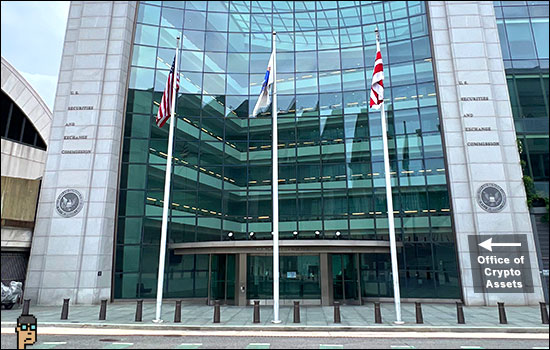On Friday, The Securities and Exchange Commission (SEC) announced that rather than having everyone in the SEC understand how crypto assets should be treated across their company filing review organization – known as the Division of Corporation Finance’s Disclosure Review Program (DRP) – they’ll create an office to specialize in it.
“The Office of Crypto Assets will continue the work currently performed across the DRP to review filings involving crypto assets. Assigning companies and filings to one office will enable the DRP to better focus its resources and expertise to address the unique and evolving filing review issues related to crypto assets.”
Concentrating knowledge with specialists may help improve the agency’s expertise in the growing blockchain industry. At the same time, there was no mention of how many full-time employees will be assigned to the office. As of September 12, 2022, there were four open positions listed on USAjobs.gov for the SEC’s Disclosure Review Program although not explicitly for crypto.
Perhaps the new office is in part due to new guidance in the SEC’s somewhat controversial Staff Accounting Bulletin (SAB) 121 unveiled in March in regards to crypto assets.
According to the SEC, companies such as banks and digital asset exchanges which hold crypto on behalf of clients must report the digital assets on their own balance sheet in an effort to provide transparency on the volatile nature of the asset, its custody and its potential impact on the company holding such assets – or as SAB 121 said, “These risks can have a significant impact on the entity’s operations and financial condition.”
SEC Chair Gary Gensler explained in an interview in July, “We’ve had a lot of problems over the years with companies trying to push things off balance sheet. Just reference the 2008 financial crisis if you wish. And so [SEC Chief Accountant] Paul Munter and his team took this up and thoughtfully put out a staff accounting bulletin that the custody arrangements aren’t well enough developed and that crypto is sufficiently different than custody for stocks and bonds.” Read more.

